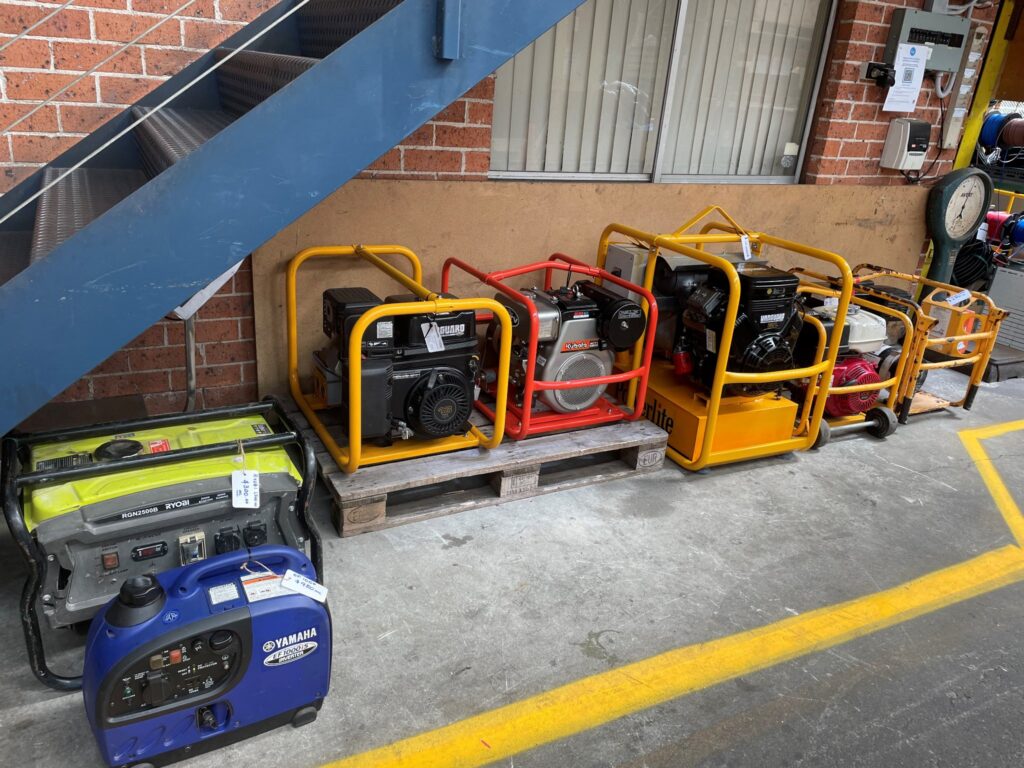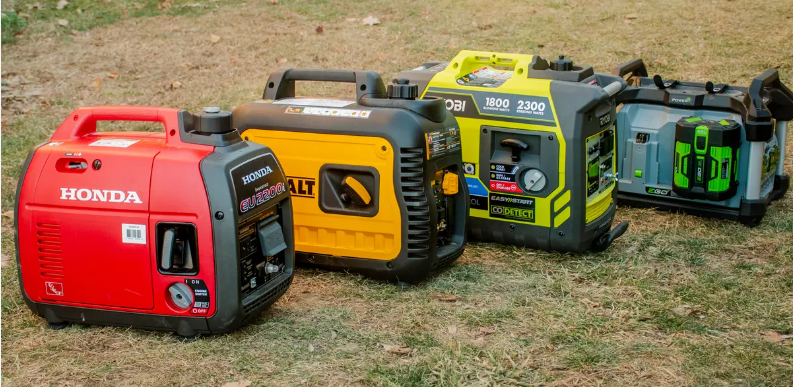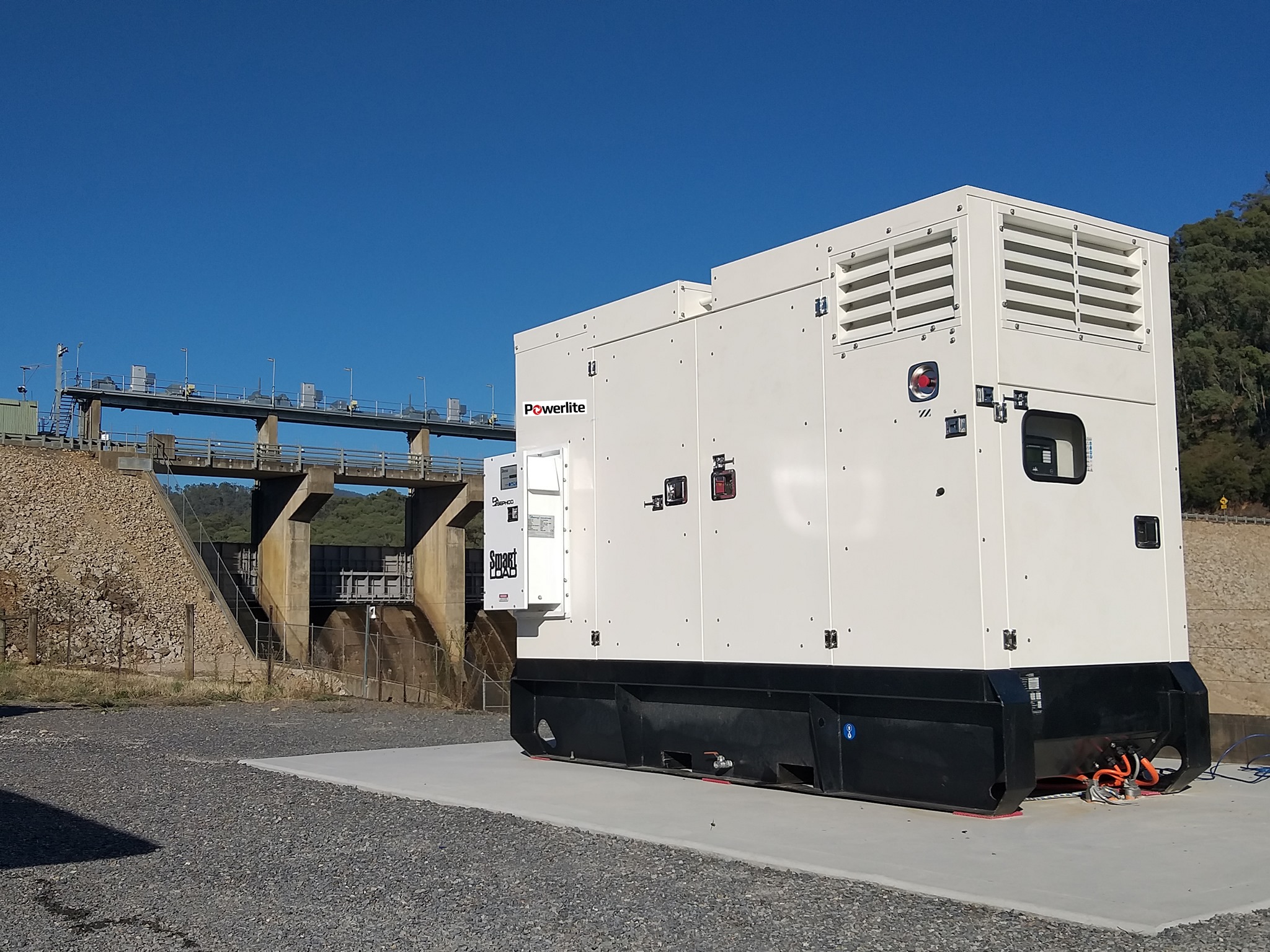A reliable energy source is essential in an age where electricity powers almost every aspect of our lives. Power outages due to weather, maintenance, or unforeseen circumstances can disrupt our daily routines and bring businesses to a halt. That’s where generators come to the rescue.
Whether you need one for your home, business, or outdoor adventures, finding the right generator for sale is crucial. This guide will walk you through everything you need to know about generators, from the types available to factors to consider when purchasing. Let’s dive in!
Table of Contents
Exploring Your Options
Portable Generators
Portable generators are versatile power sources that can be moved to various locations. They are an excellent choice for homeowners and outdoor enthusiasts. Here are some key features of portable generators:
- Convenience: Portable generators are easy to transport and set up, making them ideal for camping trips or as a backup power source during emergencies.
- Fuel Options: They can run on gasoline, propane, or diesel, providing flexibility depending on fuel availability.
- Power Output: Portable generators come in various sizes, offering different power output levels to suit your needs.

Standby Generators
Standby generators are permanently installed and automatically provide power during outages. They are typically used in larger homes and businesses. Here’s why you might consider a standby generator:
- Automatic Activation: Standby generators kick in automatically when the main power supply fails, ensuring uninterrupted power.
- Higher Power Capacity: These generators can handle more significant electrical loads, making them suitable for large homes and commercial applications.
- Fuel Sources: They often run on natural gas or propane, providing a continuous power source.
Inverter Generators
Inverter generators are known for their quiet operation and clean power output. They are popular for camping, outdoor events, and sensitive electronic equipment. Here are their notable features:
- Clean Power: Inverter generators produce stable and clean power, making them safe for sensitive devices like laptops and smartphones.
- Fuel Efficiency: They are highly fuel-efficient, running at variable speeds to match the required load.
- Portability: Inverter generators are compact and lightweight, making them easily transported.
Factors to Consider When Buying a Generator
Purchasing a generator is an investment, and it’s crucial to choose the right one for your needs. Consider the following factors:
- Power Requirements: Calculate the total wattage of the appliances and devices you need to power during an outage. Ensure the generator you choose can handle this load.
- Fuel Type: Decide on the fuel type based on availability and convenience. Gasoline, propane, diesel, and natural gas are standard options.
- Runtime: Check the generator’s runtime on a full tank to ensure it meets your needs. Some generators have eco-mode features for extended runtimes.
- Portability: If you need a portable generator, consider its weight and the presence of wheels for easy mobility.
- Noise Level: For inverter generators or when using the generator in noise-sensitive areas, look for models with lower decibel ratings.
- Transfer Switch: Standby generators require a transfer switch for seamless transitions between the main power and the generator. Ensure you have this essential component.
Generator Maintenance and Safety
Owning a generator comes with responsibilities. Regular maintenance is crucial to ensure it operates reliably when needed. Here are some maintenance tips:
- Fuel Management: Store fuel in a cool, dry place and use a fuel stabilizer to extend its shelf life.
- Oil Changes: Follow the manufacturer’s recommendations for oil changes and checks.
- Air Filters: Regularly clean or replace air filters to maintain optimal engine performance.
- Safety Measures: Install carbon monoxide detectors when using generators indoors and follow safety guidelines to prevent accidents.

FAQs
Can I use a portable generator indoors?
Portable generators should only be used outdoors or in well-ventilated areas to prevent carbon monoxide buildup.
What size generator do I need for my home?
The size depends on your power requirements. Consult a professional to determine the appropriate wattage for your home.
Are standby generators noisy?
Standby generators are quieter than portable models, but they still produce some noise. Noise levels vary by brand and model.
Can I connect a generator to my home’s electrical panel?
Yes, but it must be done by a licensed electrician to ensure safety and compliance with local regulations.
Do generators require regular maintenance?
Regular maintenance is essential to ensure your generator functions correctly during power outages.
How long can a generator run continuously?
The runtime depends on the generator’s fuel capacity and load. Some can run for several hours on a single tank.
Lifeline During Power Outages
A generator is not just a piece of equipment; it’s a lifeline during power outages. Whether you’re looking for a portable option for outdoor adventures or a standby generator for your home or business, making an informed choice is essential.
Consider your power needs, fuel preferences, and maintenance requirements. You can weather any storm with the right generator and keep your life running smoothly.




